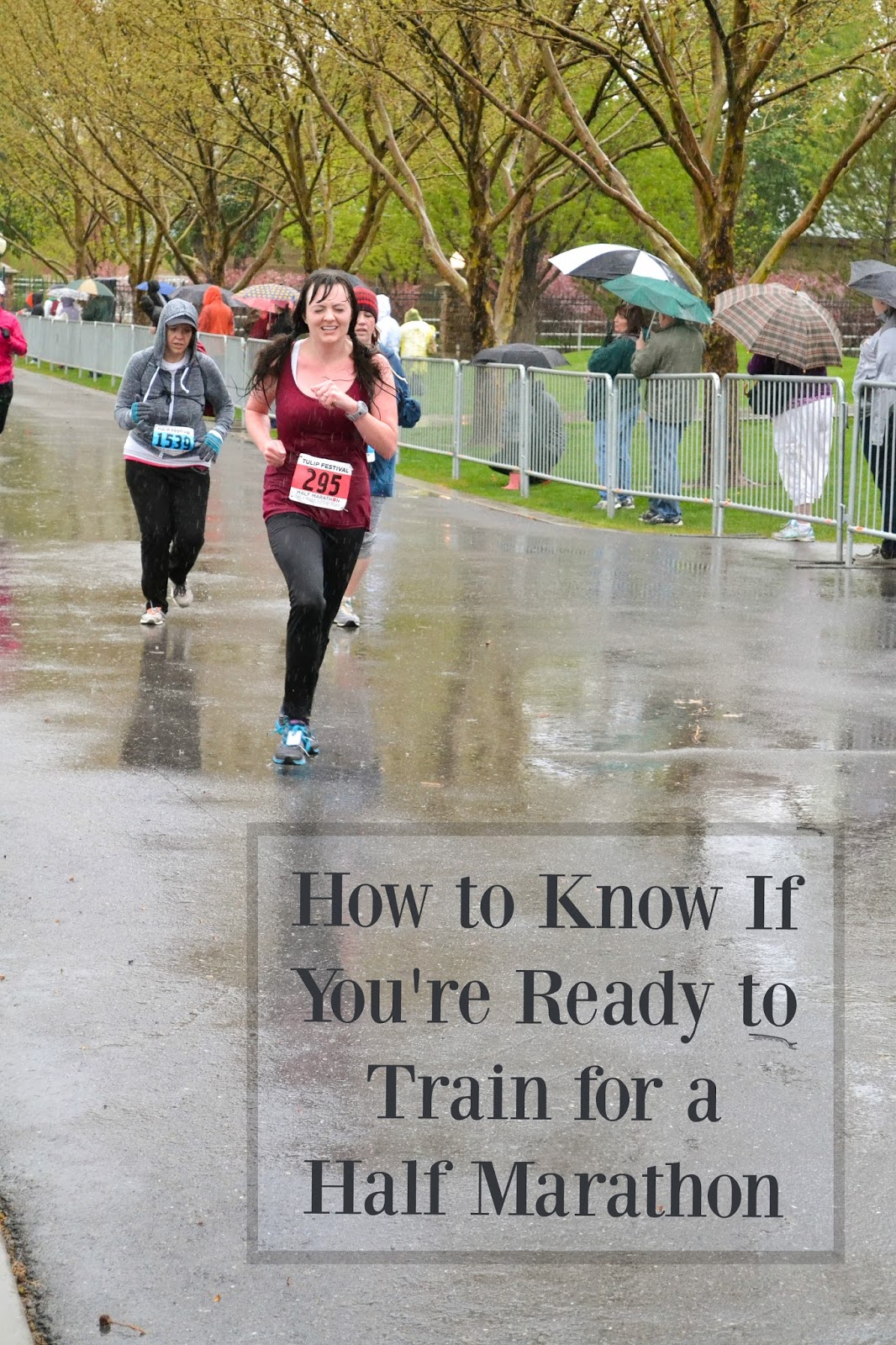Even with the half marathon a few weeks behind me, I’ve been pleased to find that I’m still motivated enough (or at least conditioned enough) to keep running three times a week. Last Saturday I even ran 7 miles just for the heck of it (and not because my training schedule told me I had to).
While prepping to go out on that run last weekend, I discovered that my Garmin running watch was somehow low on battery despite my having set it up to charge after the previous run (my beef with this particular style of watch’s charging mechanism is a rant for another day). So I faced a dilemma–
Go out on my first non-timed run in almost six months and risk not knowing how far I’d gone or how fast I was going?
Or wait a half hour or so while the watch charged and watch uneasily as the sun gets higher (and hotter) in the sky?
Well, due to my absolute dread of sweating unless I absolutely have to, it was a no-brainer, and off I went with nothing touching my arm hairs except a light breeze and the occasional small pollen puff from the blossoming fruit trees.
I hadn’t realized how dependent I’d gotten on my Garmin in the short six months I’ve owned it—I found myself constantly checking my bare wrist, and when I was forced to halt for a minute at stoplights, I had to consciously resist the impulse (many, many times) to reach up and stop the nonexistent timer so my rate would read accurately. It was such a simple thing, leaving the watch at home, but I felt like I was rediscovering running all over again.
When I first started running (which was when I was training for my full marathon two years ago), I never timed myself (or I hardly did anyway). Because I had never been a runner before, the runs had been less about the speed and much more about the fact that I was doing it at all—I still remember the rush of exhilaration and incredulity as I completed my first long run (a 7-miler that exceeded my previous mileages by almost three and a half miles), and with each new distance milestone hit, I was overcome by the simple happiness of just knowing that I’d done a hard thing that many people would never do in their lifetimes. My actual marathon went much the same way: I didn’t really have much of a time goal–my goal was simply to finish it without having walked at all. And I did.
But something that non-racers don’t grasp is that each race only adds fuel to the fire to want to do MORE, or at least do the same FASTER. I always thought that once I’d checked “run a marathon” off my bucket list, I would go back to running just 2-3 miles at a time, content with the one 26.2-miler I’d completed and content to never run long distances again.
I grossly underestimated myself.
What happened was that I started realizing that opportunities to run races were all around me, and they were offered literally almost anytime I wanted to pay the fee, sign up, and train for one (or not train for it at all). What I also started realizing was that racing provided me with extra motivation to push myself, and push myself hard, when it came to my running regimen.
And when I got the long-coveted GPS running watch for Christmas last December, I feverishly became the kind of runner who logged runs in a journal that recorded the mileage, average speed, overall time, and type of run (as well as any food ingested before or during the run itself). I found myself trying out different speed workouts and judging my runs almost entirely on just two things: if I’d met the mileage I’d set out to meet, and if I’d run it in a reasonably “decent” time according to my training schedule.
There are perks to this kind of methodical training plan–I saw visible proof that I was, indeed, getting faster, and I quickly caught onto certain patterns that allowed me to almost entirely eliminate GI distress during my runs. Additionally, the thought of having to actually enter a mediocre running time/session into my running journal was usually enough to make me just push through the pain and discomfort and lack of motivation and just keep going when the going got rough on the run.
But there was a flip side to my ceaseless calculations, one I didn’t recognize until just last Saturday when I innocently went running without my watch:
With time out of the picture, running was FUN again. Without the external pressure of time limits and mapped-out distances, I could go as fast or slow as I wanted and just enjoy the whole thing instead of beating myself up over the fact that I was averaging a 10:05 mile instead of a 9:20. There was time (and energy) to just look around and enjoy the scenery, and when my body felt like walking, I let it walk. And when I passed the insanely green, lush grass spreading out before me from the Logan Tabernacle like a scrumptious cloud, I allowed myself to do a cartwheel across it, just because I felt like it.
So although I’ll keep my watch (because it’s a tool that keeps on pushing me to better and better versions of myself as a runner), I’ve learned an important lesson:
For the love of running, you really need to run off the clock sometimes too.
Do you time your runs? Or have you always preferred the no-watch method?



